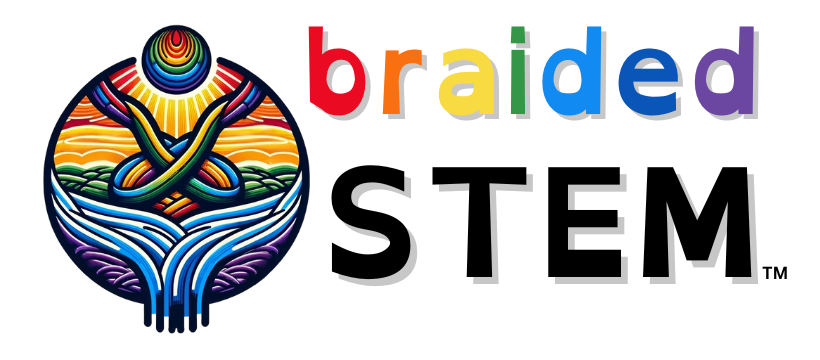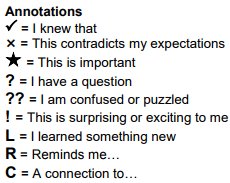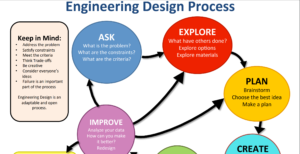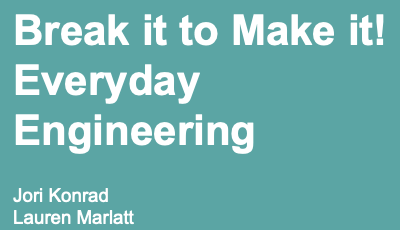Break It to Make It: Engineering Every Day
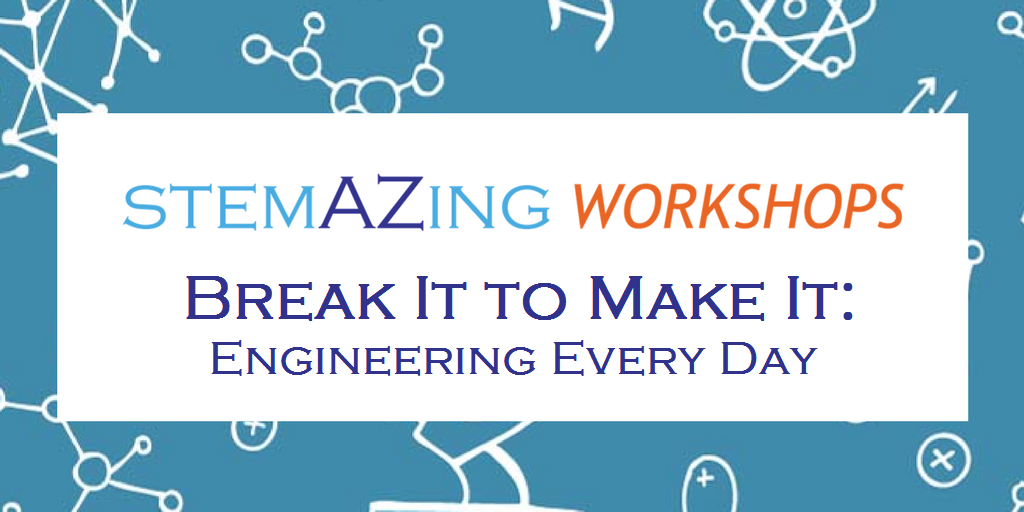
Learn how to look at the design of common products through reverse engineering to see how they work. Then, take your new knowledge to design your own solutions. We will use the crosscutting concept of Structure and Function to show how fun it can be to let kids be destructive… in the name of science.
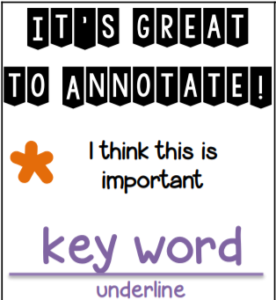
Annotation Bookmarks by Danielle Swartz
Designed by STEMAZing Teacher Leader Danielle Swartz, these annotation bookmarks are perfect to use with students from K-3 (and maybe even beyond)! ...
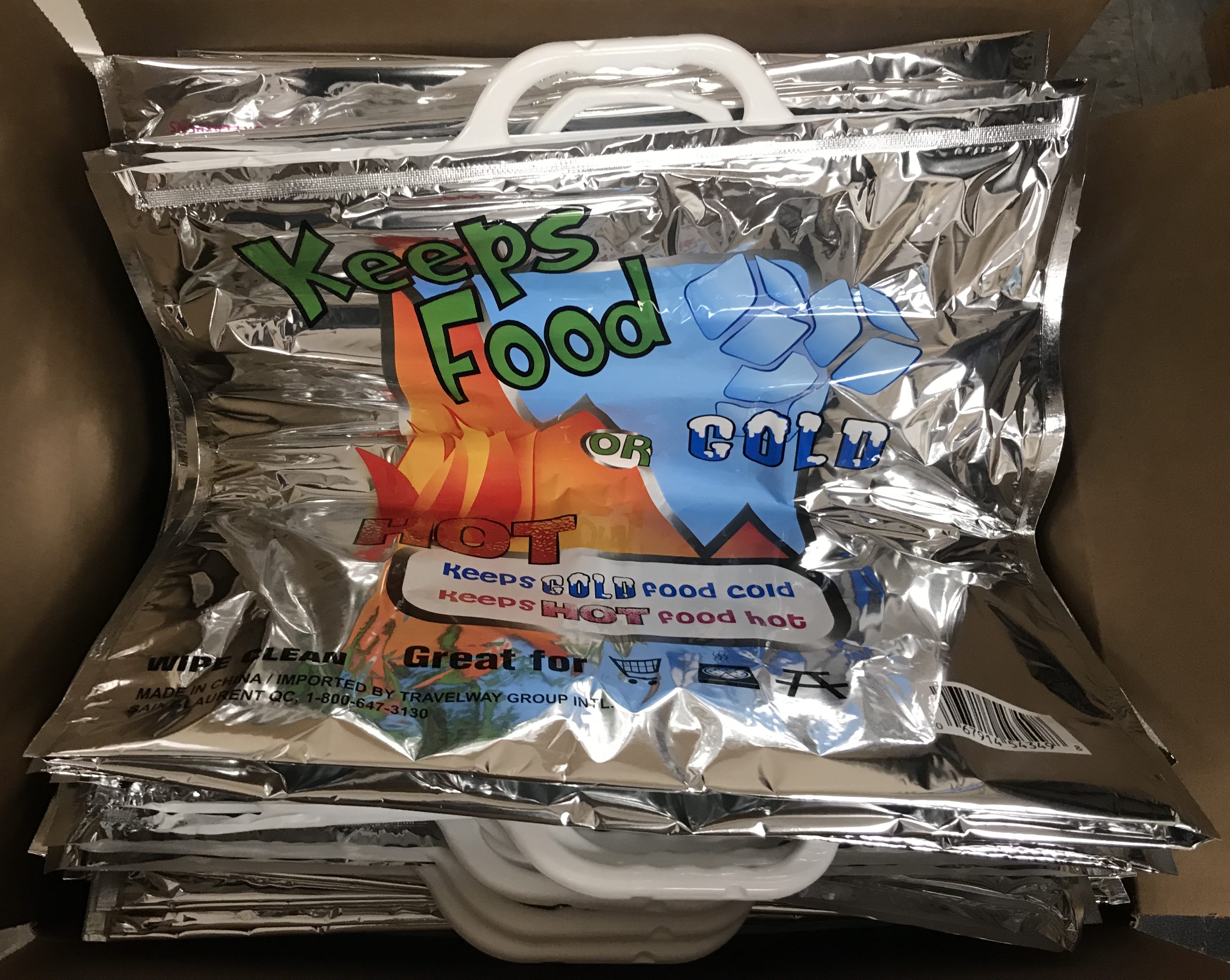
Cold Bag Engineering
Reverse Engineer a Cold Bag - the bags used to keep your food cold when you are transporting groceries from the store to your home on a hot day. Cold Bag Engineering (pdf) Cold Bag ...
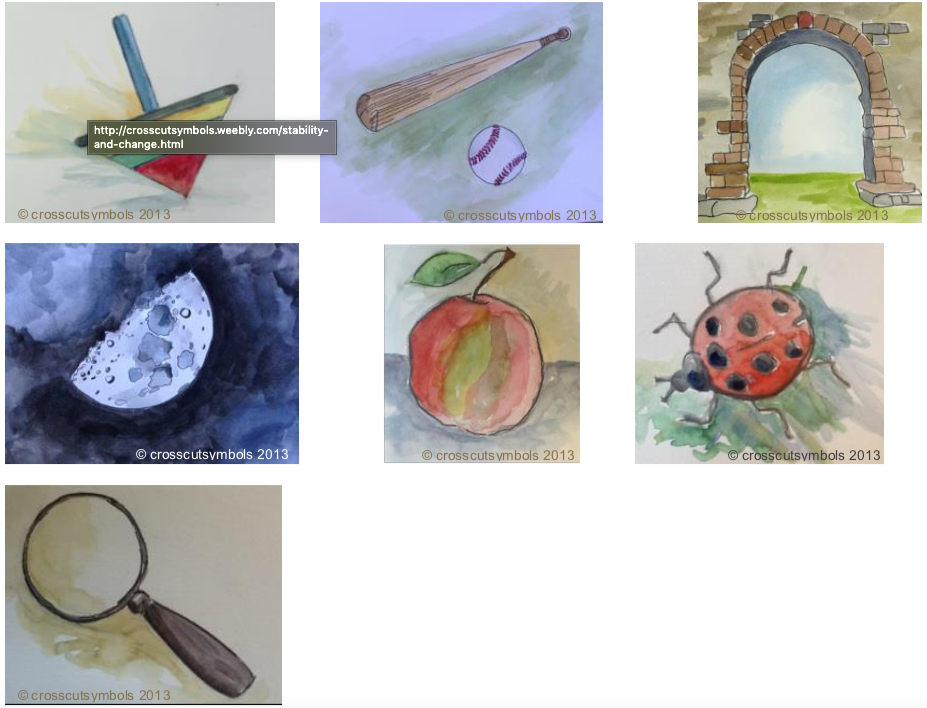
Crosscut Symbols
The Crosscut Symbols below are from Peter A’Hearn. These can be found at http://crosscutsymbols.weebly.com/ with lots of supporting information including critical questions, questions that connect to science and engineering practices, and more for each concept ...

Engineering Encounters: Reverse Engineering (NSTA Science & Children Article)
This column presents ideas and techniques to enhance your science teaching. This month's issue shares information on how students’ everyday experiences can support science learning through engineering design. In this article, the authors outline a ...
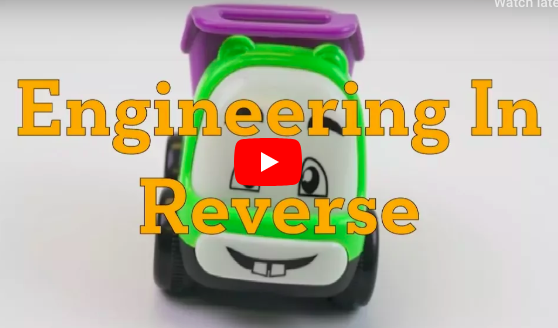
Engineering in Reverse – lesson from TeachEngineering
In this hands-on activity, students take apart a toy to reverse engineer it. Most appropriate for grades 5th-8th grade ...

Everyday Engineering: It’s (zipped) in the bag (NSTA Science Scope Article)
This column provides an inside look at the marvels of engineering in everyday life. In this issue, the origins of the sealable plastic bag are explored ...

Everyday Engineering: It’s Stuck on You (NSTA Science Scope Article)
This column provides an inside look at the marvels of engineering in everyday life. This month's issue takes a closer look at adhesive bandages ...

Everyday Engineering: Toying Around with Wind Ups (NSTA Science Scope Article)
This column provides an inside look at the marvels of engineering in everyday life. In this issue the authors use wind-up toys to introduce students to how gears interact ...

How Does Reverse Engineering Work? article
Learn how this jet was reversed engineered and what we mean by reverse engineering ...
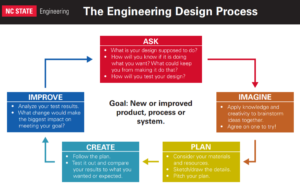
NC State Engineering Design Process
One of our favorite versions of the Engineering Design Process, especially the part of failure! ...

Principles and Big Ideas of Science Education
One of the foundation documents on which the new Arizona Science Standards are based ...
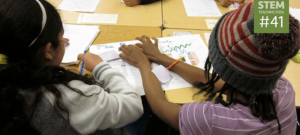
Prompts for Integrating Crosscutting Concepts Into Assessment and Instruction
Prompts for both formative and summative assessment for each of the crosscutting concepts. Great for thinking about the questions you ask students as they are doing science and engineering projects. STEM Tool #41 from STEM ...
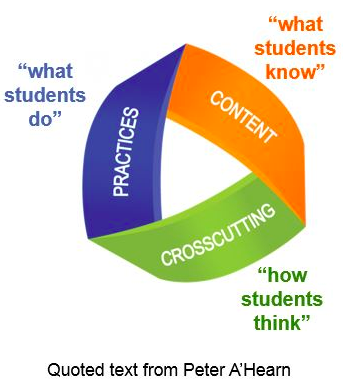
Questions that Blend CCCs and SEPs
These questions merge ideas from the crosscutting concepts and the science and engineering practices ...
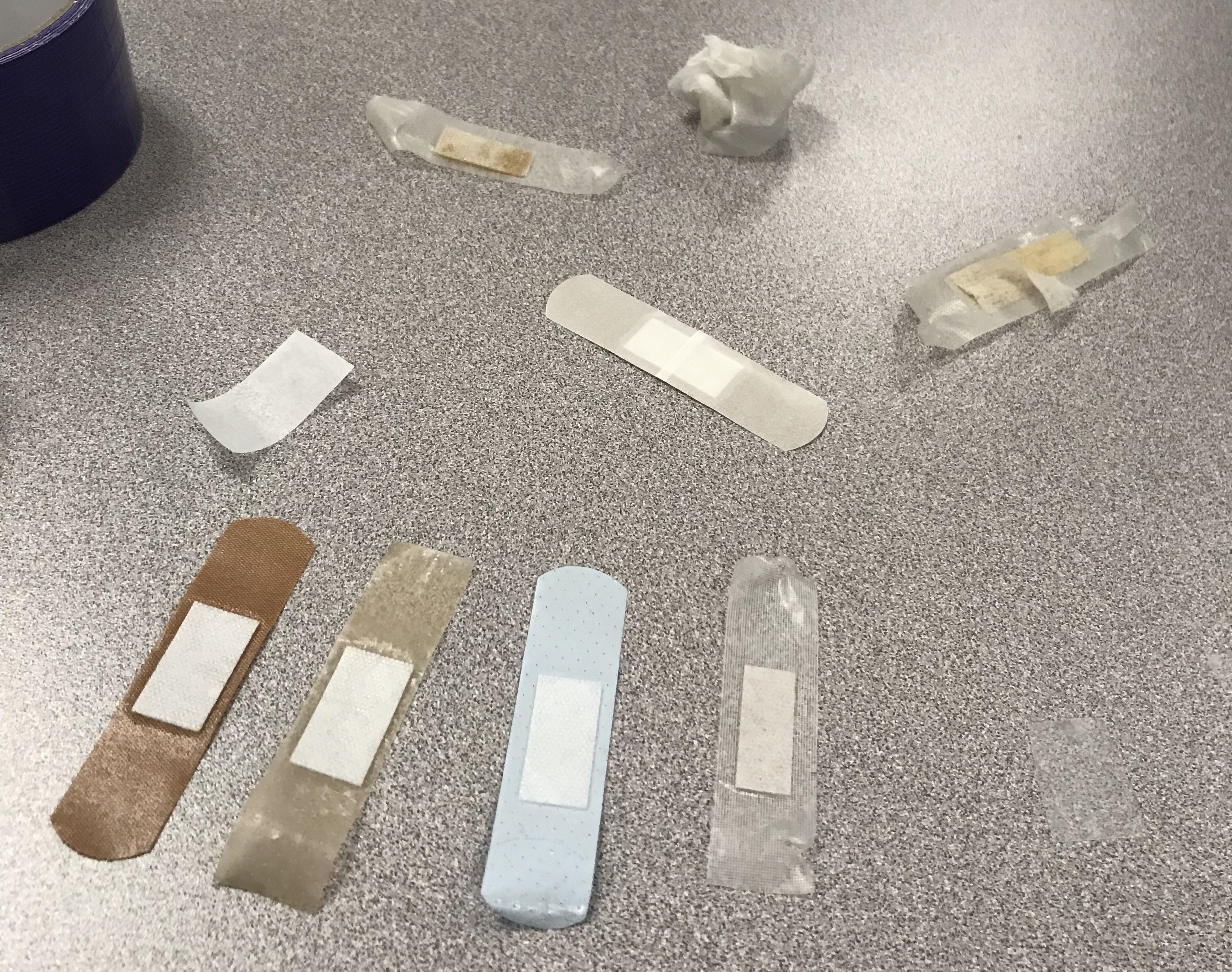
Reverse Engineer Bandages
Reverse engineering bandages involves looking at the structure and function of a variety of kinds of bandages. The challenge is to design a waterproof bandage that will cover and seal a wound on the knuckle ...
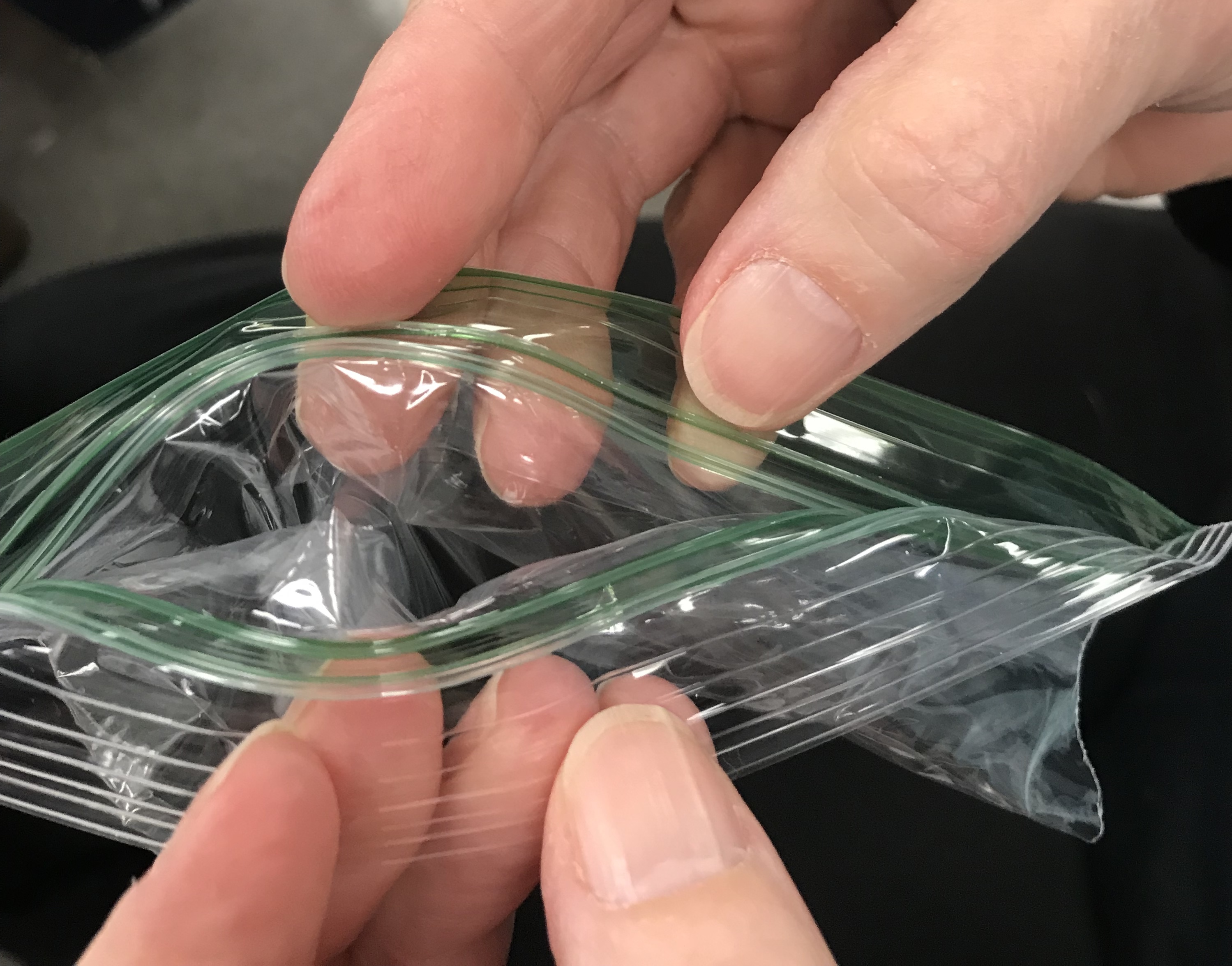
Reverse Engineer Ziploc Bag
Reverse Engineer Sealable Bags Have you ever taken a close look at sealable plastic bags? Let's reverse engineer how these bags actually work. Then, have students design a sealing mechanism for a file folder. Ziploc ...

Reverse Engineering Design Process
Reverse engineering embodies the true spirit of "break it to make it". Reverse engineering involves taking something apart to see how it was designed and then using that information to either make improvements or design ...
Rosie Revere, Engineer by Andrea Beaty (author) and David Roberts (illustrator)
Rosie may seem quiet during the day, but at night she's a brilliant inventor of gizmos and gadgets who dreams of becoming a great engineer. When her great-great-aunt Rose (Rosie the Riveter) comes for a ...
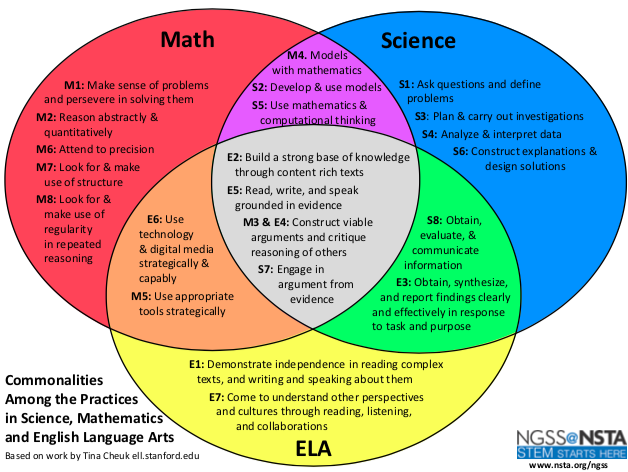
Science ELA and Math Practices Venn Diagram
Use this document to show the overlap between the practices used in science/engineering, English language arts, and math ...

Thinking Collaborative Strategies
Strategies, like Expert Jigsaw and First Turn, Last Turn, are a fantastic ways to engage learners. This links to all the Thinking Collaborative Strategies which will give you lots of options for mixing up the ...
